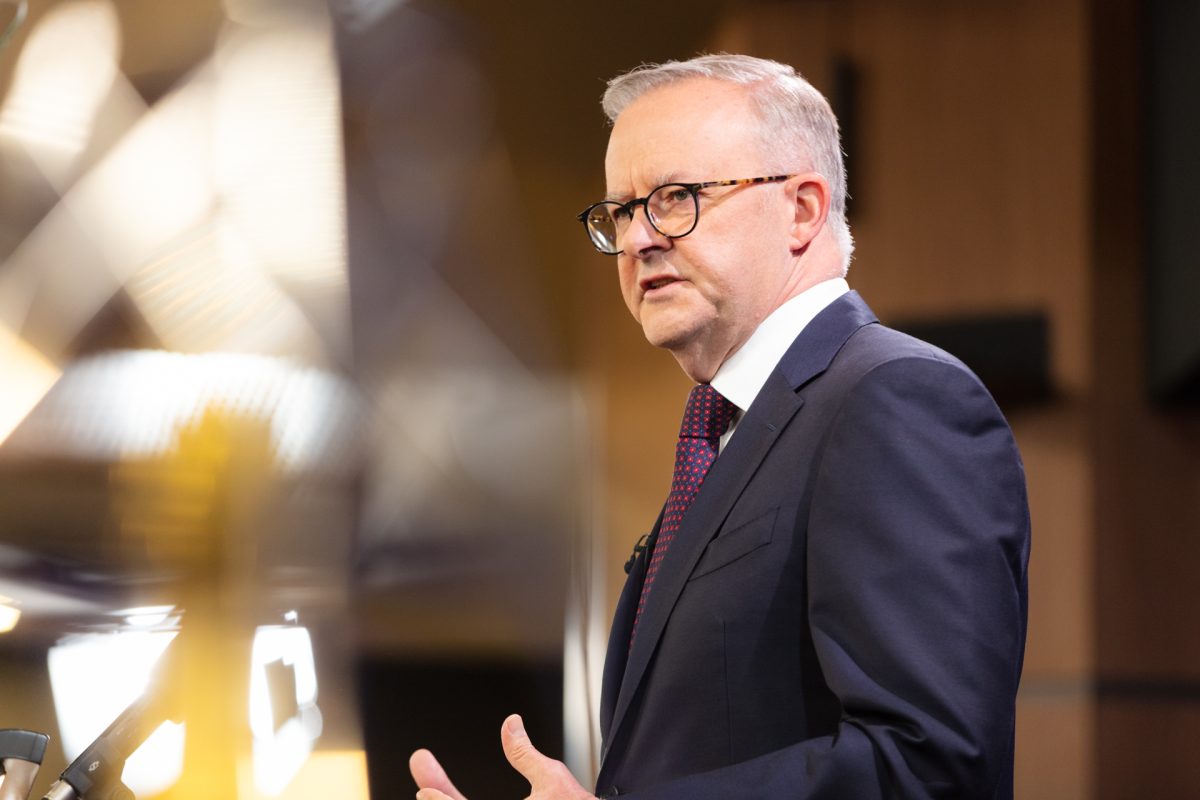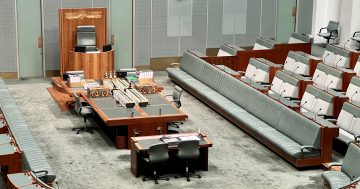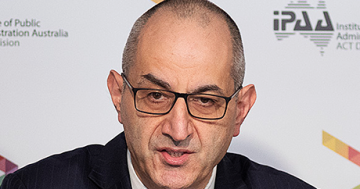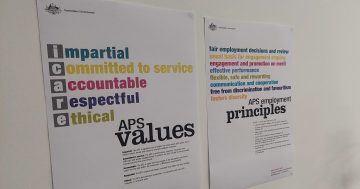
Prime Minister Anthony Albanese speaking at the National Press Club. Photo: Michelle Kroll.
There is little doubt that the now not-so-new federal government has big plans.
Ambitions for the nation and Labor’s own agenda are high.
That was evident in the Prime Minister’s address to the National Press Club last week, and it has been pretty clear ever since Anthony Albanese took office following last May’s election.
There is much this government wants to achieve and change.
It hit the ground running straight after the election and has hardly paused for breath.
Big policy changes have been announced in education, health, aged care, energy, infrastructure, security, Indigenous affairs, foreign affairs, employment, environment and climate change, to mention a few.
Every portfolio is getting a shakeup.
That’s a good sign in a fresh government, and there’s no sign it has plans to slow down.
Besides, most of what the government says it wants to do sounds pretty reasonable – some of it is even refreshingly daring and bold.
However, any government with a big agenda needs to be backed by a robust public sector charged with implementing new policies.
And there’s the rub.
It’s not that the public service will resist going along (in an apolitical way) with Labor’s agenda.
Quite the contrary.
After the Morrison Coalition years of whatever passed for an agenda, Albanese’s vision would be largely embraced by much of the Australian Public Service.
Labor has certainly expressed more respect for the APS than the Coalition ever did.
Outwardly at least, the PM and his ministers have engaged the public service in a very decent and courteous manner, so getting the public service to accompany the government on its policy journey won’t be a problem.
The problem will be getting the APS up to capacity to implement the government’s ever-growing wishlist.
There are simply far too many roles unfilled across the APS right now, with little prospect of that changing in the near future.
Crucial roles, leadership roles, getting-things-done roles.
At almost every inter-agency meeting right now, bosses are reaching out across departmental boundaries to flag vacancies that need filling with their counterparts.
“Just in case you know of anyone … or someone working for you might want a change.”
The problem is, they are all in the same boat.
No APS boss is volunteering good staff to other agencies at the moment.
It is too tight a market for employers and there are just too many vacancies to fill.
“We can’t recruit,” one APS boss told Region.
“We have recruitment rounds but no takers. It’s really hard to fill positions.”
And despite all the talk of slashing the spend on consultants and contractors, the government won’t be able to function without them until it gets on top of its own full-time, permanent workforce – until it fills more roles with much-needed public servants.
Pretty much every department is engaging more contractors.
This will only have a skerrick of a chance of reversing if the current negotiations between the government and its staff over wages and conditions result in something that makes joining the public service an attractive proposition.
Becoming the ’employer of choice’ is a sweet slogan, but it’s only more weasel words if not backed up by a serious commitment to attracting good staff.
Boosting compensation and changing culture are good places to start because it’s not just about attracting new staff. Retaining existing staff is a growing problem right now also.
More than ever, when we are in that part of the political cycle where a competent government wants to get things done, a fully staffed and capable public service is a must-have.





















